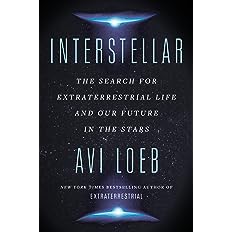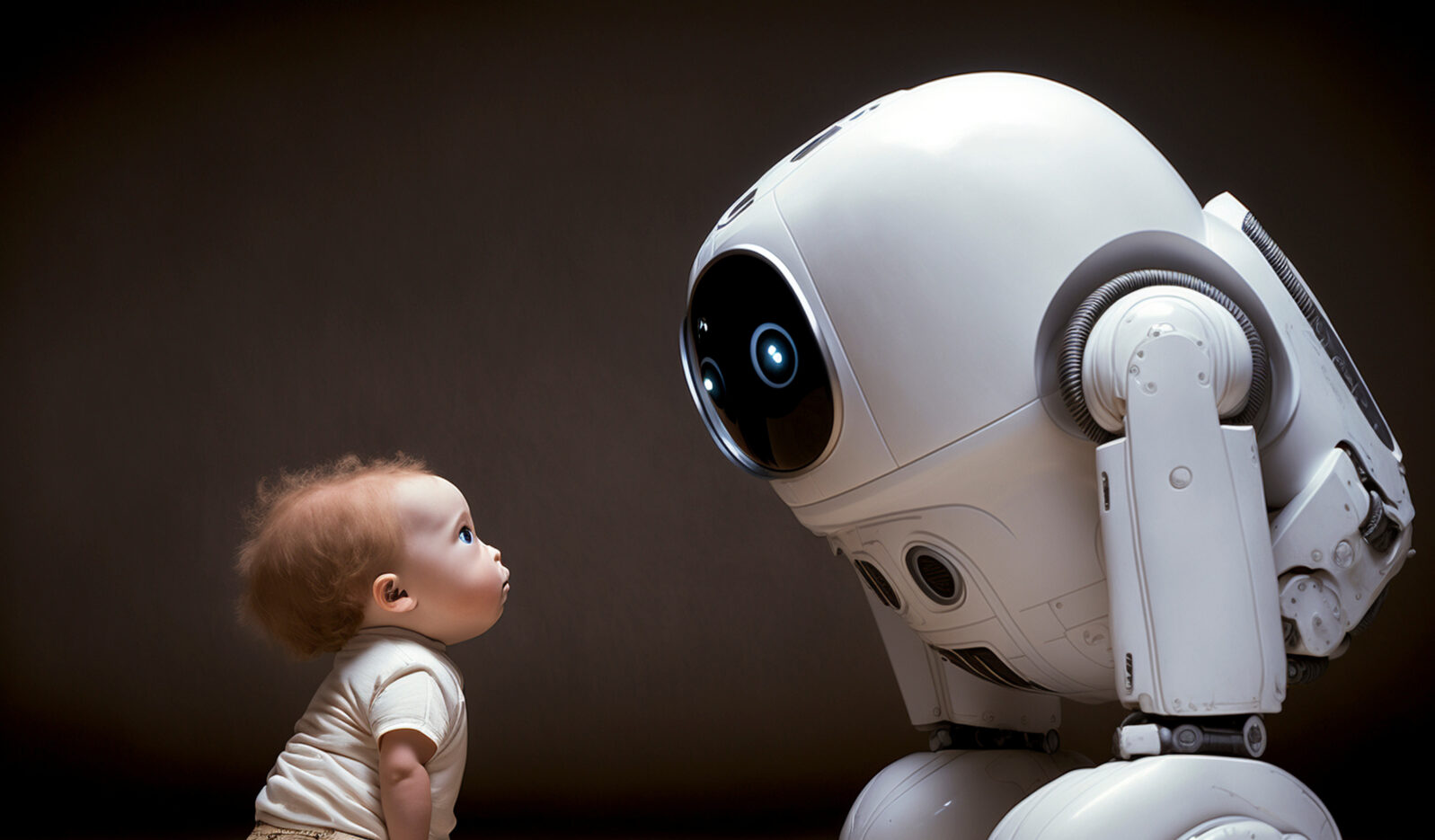When a Brilliant Man Has a Very Confused Perspective …
Astrophysicist Avi Loeb simply doesn’t seem to see that human beings are more valuable than advanced machinesHarvard astrophysicist Avi Loeb, recently engaged in an interesting and revealing discussion with a colleague, Harvard astronomer Doug Finkbeiner.
Loeb had posited in an earlier essay that “Unplugging from the electric outlet an AI system which exceeds the complexity of the human brain is similar to killing a person”(Medium, January 24). Finkbeiner took issue with complexity as the sole guide to worth and pointed out, in response, that the information in an AI system can be stored elsewhere so the “unplugger” is not really killing it by disabling the physical apparatus.
His response was, “We could in principle do the same with humans if we only understood biology better.” Could we? That is, of course, the transhumanist perspective, that one day we will evade death by uploading ourselves into AI or hybridizing with it or … But he then goes on:
If we only had the recipe for creating humans out of a soup of chemicals, we would view humans merely as intelligent machines. Of course, it gives us a sense of self-importance to imagine that we contain more than the sum of our material parts. This sense is the result of us not understanding complex emergent phenomena. A cave dweller looking at the output from an intelligent machine would imagine that the machine has a soul.
Avi Loeb, “Are Humans Fundamentally Different from AI?”, Medium, January 26, 2024
Well, that is a stretch. First, we have no idea how life originated, which should prompt modesty about recipes for humans from a soup of chemicals. Second, the reason we imagine that we are more than the sum of our parts is the fact that we even think about that. None of those parts has immaterial ideas in itself, but we, as live humans, do. Calling that fact “complex emergent phenomena” doesn’t change the picture.
And, while we are here, an ancient cave dweller might very well have thought that a tree, a mountain, or a wind had a soul. The earliest belief systems of which we have a record regularly feature the idea that objects or forces in nature—living or otherwise—are in some sense beings. Sometimes human creations, like statues, have been viewed that way too. So why not an advanced machine? But what do ancient beliefs prove except that the human imagination, right or wrong, is always a force to be reckoned with?
Stephen Hawking vs. an intelligent machine?
Much more unsettling is Loeb’s reference to the “Hawking limit,” citing his book Interstellar (Mariner 2023):

AI systems can convince people to maintain their power supply in the same way that Stephen Hawking survived over a normal human lifespan without being able to move his body muscles at will … At the “Hawking limit”, I do not see a fundamental difference between humans and intelligent machines.
Loeb, “Fundamentally Different from AI?”
Perhaps Loeb does not really mean that the way it comes out. But it sounds as though he would not regard his late colleague Stephen Hawking (1942–2018) as of any more significance than an intelligent machine.
The trouble is, his perspective overall seems confused. Of his own body, he says, “Personally, I do not regard my body any different than a car that I received from dealers. In my case, the dealers were my parents.”
But who is the “I” that is making a statement about “my body”? Even as he tried to advance a physicalist perspective (a human being is just a live body), the need to make sense traps him into speaking from a dualist perspective (a human soul, “I,” animates the body).
He goes on to say,
I would much rather be resurrected after death by better medical science than be buried in the ground after a life-long belief in the magic of the human soul. If my body ever arrives at the emergency room of a hospital, I would prefer the company of the most advanced life-saving devices than any compliments about my soul from fans over my death bed.
Loeb, “Fundamentally Different from AI?”
Projecting medical successes in recent centuries into a total defeat of death is a illusion. We live in a world where everything physical is finite by nature. However, most humans believe that the human mind, being immaterial, survives death. No one has shown or can show that that is not so.
Meanwhile, any who believe that Harvard’s best and brightest should rule over the rest of us might want to invest some time in discovering in more detail how some of them think.
You may also wish to read: Why logician Kurt Gödel believed in life after death. He saw human folly as an opportunity to reform and learn, because our souls are immortal whether we like it or not. In a deeply rational, ordered universe, Gödel argues, human potential — frustrated in so many ways here — must flower afterward elsewhere.
